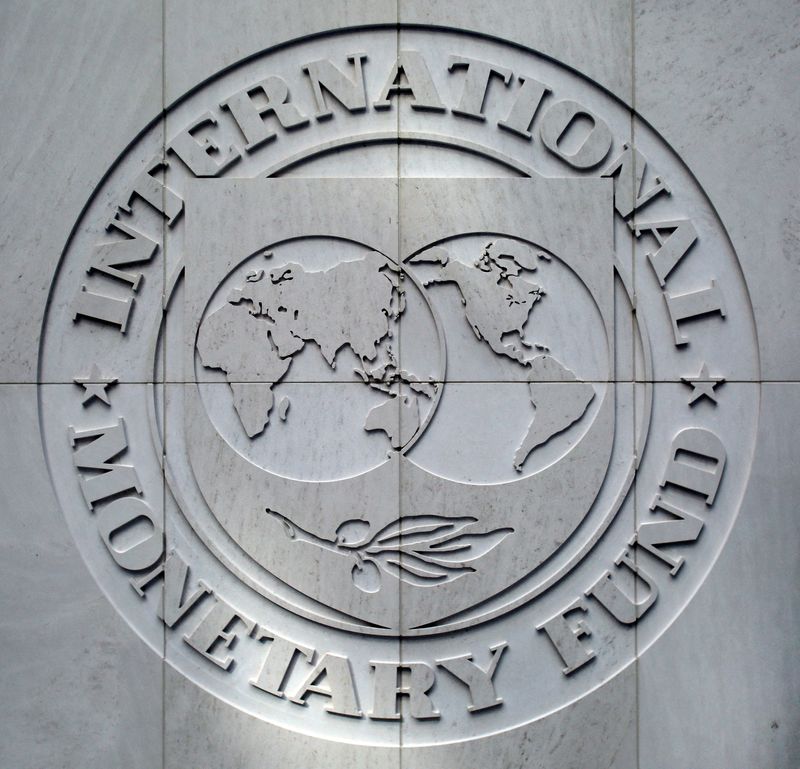By Timour Azhari and Emilie Madi
BEIRUT (Reuters) - Every time a part of his old grey Mercedes breaks, 62-year-old Beirut cab driver Abed Omayraat faces a tough choice: go into debt to import an expensive car part, or raise fares for customers whose wallets are already drained by a severe economic crisis.
It's a dilemma he says has become more acute in recent months as Lebanon's government moved to increase tariffs on imported goods about ten-fold in a country that ships in more than 80% of what it consumes - including spare parts he needs.
"My tires are finished now, you can see they're worn out. When it rains, I'm worried the car will slide," Omayraat said. Changing them is necessary, "but I can't afford it. "
Lebanon's economic meltdown, now in its fourth year, has seen the currency lose more than 95% of its value and left eight in 10 Lebanese poor, according to the United Nations.
With foreign currency coffers dwindling, the state has already lifted subsidies on fuel and most medication.
Hiking the rate at which the customs fee is calculated, officials say, will boost state revenues and is a step towards unifying various exchange rates.
They are among pre-conditions set by the International Monetary Fund in April for Lebanon to get a $3 billion bailout, but the lender of last resort says reforms have been too slow.
The tariff jump came into effect on Dec 1. Import taxes began being calculated at an exchange rate of 15,000 Lebanese pounds per dollar instead of the old 1,507, meaning traders suddenly had to pay much more to bring in products like home appliances, telephones or car parts.
That is set to pile even more financial pressure on people struggling to make ends meet.
Omayraat says many passengers already ask for discounts to the standard 40,000 L.L. ride fee.
"Do you tell a person that you want a 100,000 pound fare? I'm basically telling them: don't ride with me. Neither can he (afford it), nor can I take him. He's not able to eat and I won't be able to eat," Omayraat said.
Rabih Fares, an architect from northern Lebanon who began importing used cars when business slowed down, said the new rate was forcing car dealerships to boost prices or go out of business.
"You need to work four to five years just to be able to afford the customs rate on a car now," said Fares, who estimated fees to import one used car could average 94 million Lebanese pounds - or about 156 times the minimum monthly wage.
The finance ministry said revenues gathered in the 15 days since the decision came into effect showed a "huge difference" but said figures would be ready by the end of the month.
Parliament agreed on the rate in September but it was not rolled out until December - a delay that caretaker Economy Minister Amin Salam said allowed traders to load up on imports before the tariff hike, while increasing selling prices.
"When you announced it three months ago, it's as if you are going and telling those who don't want to work right in the market: go find a way to benefit. And this is what happened," he said.
It has left him sceptical that Lebanon will implement the reforms necessary to score a final IMF bailout in the coming months.
"As we are now, I in my personal opinion do not see it happening soon - which worries me because, as I said, each day of delay is costing the country millions and millions and costs the people pain and misery," Salam told Reuters.
